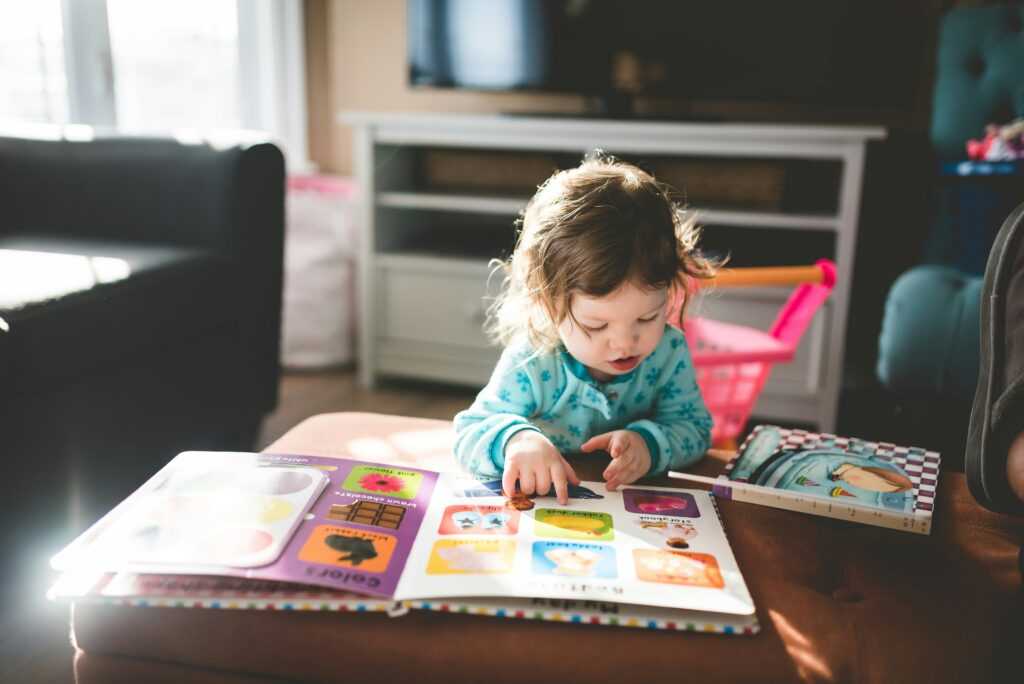Early childhood education shapes how children grow, learn, and connect with others, setting the stage for everything that follows. This period covers birth to around eight years old, when the brain is busy wiring itself—the majority of brain development happens by the age of five. By age three, about 80% of a child’s brain size is already in place, and that increases to 90% by five. This time is key for building the brain connections that support thinking, forming relationships, and understanding emotions.
High-quality early education programmes offer much more than a head start; they give children the chance to build strong foundations in reading, maths, solving problems, and managing their feelings. These are the skills children need to be ready for school and life beyond the classroom. Early years education also helps children learn how to listen, share, and work together—skills that play a massive part in how they get along with others as they grow.
It’s not just individual children who benefit, either. Access to early education can help close achievement gaps linked to family income or background, giving everyone a fair go. Studies show that children who go to high-quality early education are more likely to finish school, earn more in their lifetime, and enjoy better health. There’s even a strong economic argument: every pound spent on early education brings back much more in reduced crime and greater productivity later on.
And let’s not forget families. Early education allows parents—especially mums—to work or study, which is good for household income and the wider economy. In short, helping children get a good start isn’t just nice to have—it makes society stronger, fairer, and more successful in the long run.
Cognitive and Emotional Development in Early Years
In the early years, children’s brains are incredibly busy, building connections at a breath-taking pace. The experiences they have and the people around them shape how their thinking skills develop. Everyday moments—curiosity sparked by a new object, a laugh with a friend, a simple story—help wire their brains to support memory, problem-solving, and learning.
A well-stocked environment, full of interesting things to see, touch, and talk about, encourages children to explore and discover for themselves. This kind of atmosphere helps adults make the most of the key years for brain growth.
But it’s not just about thinking. Young children are also busy learning how to handle their feelings. Play and guided activities are especially helpful; in these safe spaces, children can practice recognising emotions, expressing them in healthy ways, and learning how to bounce back when things go wrong. These early experiences can shape how children get along with others, as well as how they cope with challenges both in school and outside it.
Helping children with their feelings shouldn’t feel like an extra task on top of everything else—it goes hand in hand with supporting their thinking. Giving time for these skills now helps set children up for stronger relationships and better chances to thrive later on.
The Key Components of Early Childhood Education
Language and literacy give children the tools to express themselves and understand what’s happening around them. These skills grow through routines like storytelling, reading together, and having real, back-and-forth conversations. Simple practices like these are excellent for building vocabulary and helping children get comfortable with language in its many forms.
Math comes into play early, too. Counting blocks, spotting shapes in the playground, and noticing patterns all help children get to grips with basic maths ideas. These early steps are what help them later tackle sums and mathematical thinking in school.
Another big focus is helping children learn to solve problems and think for themselves. When kids are invited to experiment, ask questions, or figure things out, they grow more confident about trying solutions and using their imagination. These are the skills that stick with them when life gets tricky both inside and out of school.
There’s a reason why play keeps popping up in discussions about young children’s learning. Through games and pretend scenarios, youngsters naturally pick up things like sharing, sequencing what happens next, and finding ways to work out disagreements. Moments like taking turns or finding kind ways to ask for a toy encourage teamwork and teach children the rhythms of getting along.
Social skills take root in these early group settings. Learning to chat, listen, and spot how others are feeling means children become better at forming friendships and understanding people who might think or feel differently from themselves. These early bonds lay the groundwork for all the relationships they’ll form as they grow.
All together, building language, number sense, creative thinking, and social confidence gets children ready not just for classroom learning but for all sorts of experiences that lie ahead.
Societal and Economic Benefits of Early Education
High-quality early education sets children up for success, not just in the classroom, but throughout their lives. Research shows that children who attend strong early education programmes are more likely to finish school, earn more over their lifetimes, and stay out of trouble with the law.
This early start builds skills such as resilience, empathy, and cooperation, which help children manage challenges and avoid negative behaviours. Communities then see lower rates of crime and less spending on the justice system, meaning money can be put to better use elsewhere.
From a financial perspective, putting money into early childhood education gives an impressive return—each pound (or dollar) spent brings back up to eight or nine times that amount through increased productivity and reduced costs for things like public assistance. In fact, these programmes help reduce pressure on social support systems and make for a stronger, more productive workforce down the track.
One of the standout advantages is fairness. Quality early education helps narrow the achievement gap, making sure all children, no matter where they come from, get the skills and confidence to move up in life. It gives kids from all backgrounds the chance to succeed and become active, engaged members of society.
Seeing how early education benefits not just individuals but entire communities shows why it’s one of the best investments a society can make in its future.
Involving Parents and Educators in the Early Learning Process
Parents make a huge difference in their child’s early learning. When mums, dads, and carers get stuck in with things like reading stories, making up games, or having a chat over building blocks, children pick up skills at home that back up what they’re learning at nursery or school.
Everyday involvement helps build a strong bond between parent and child, turning home into a place where learning is part of daily life. This approach doesn’t just boost curiosity and creativity—it gives kids extra confidence as they start to master early words, counting, and sharing how they feel. The skills gained from a supportive home setting lead to better performance once they get to school.
Teachers play an equally important part. A great early years teacher brings all sorts of creative ideas into the classroom, keeping children interested and excited to learn. These teachers spot early signs when a child might be struggling, step in with practical help, and create a classroom where everyone feels welcome and encouraged.
Their support extends beyond the “ABC’s”—helping children learn to cope with disappointment, make friends, and bounce back when things go wrong. With the right teacher, school is a place where children feel safe, valued, and able to have a go at new challenges.
The real magic happens when parents and teachers work together. Sharing what’s going on at home or school means any support or encouragement a child needs can be given from both sides. When everyone pulls in the same direction, children feel backed up and ready to thrive, both in school and out.
Creating a Foundation for Lifelong Success

Quality early education is one of the best investments society can make in its youngest members, setting the stage for resilient, curious, and responsible adults. By helping children develop strong skills and knowledge when their minds are most open, we’re giving them a launch pad for future learning and life.
Children who benefit from strong early education tend to do better in school, feel more confident around others, and manage their emotions more effectively as they grow.
But children aren’t the only ones with a part to play. Families are at the centre, creating safe, loving routines that build on what children learn in nursery or school. Simple things like reading together, playing games, or asking questions while out and about all add up, fuelling language growth and social awareness.
Educators bring learning to life. It’s their job to use strategies rooted in research, sparking curiosity, supporting different learning needs, and helping children think for themselves from day one. Ongoing training and sharing new ideas with peers are vital, so they keep pace with how children and classrooms change over time.
On a bigger scale, policymakers must ensure that early education stays on the agenda. All children, whatever their background, deserve the same access to strong early years opportunities as is emphasised by the structure and priorities of the education system in Thailand. This means proper funding for schools and nurseries, support for staff, and policies that level the playing field across communities.
When families, teachers, and leaders all pull together, we create more than just smart children. We build stronger, fairer societies where everyone has a chance to flourish.


